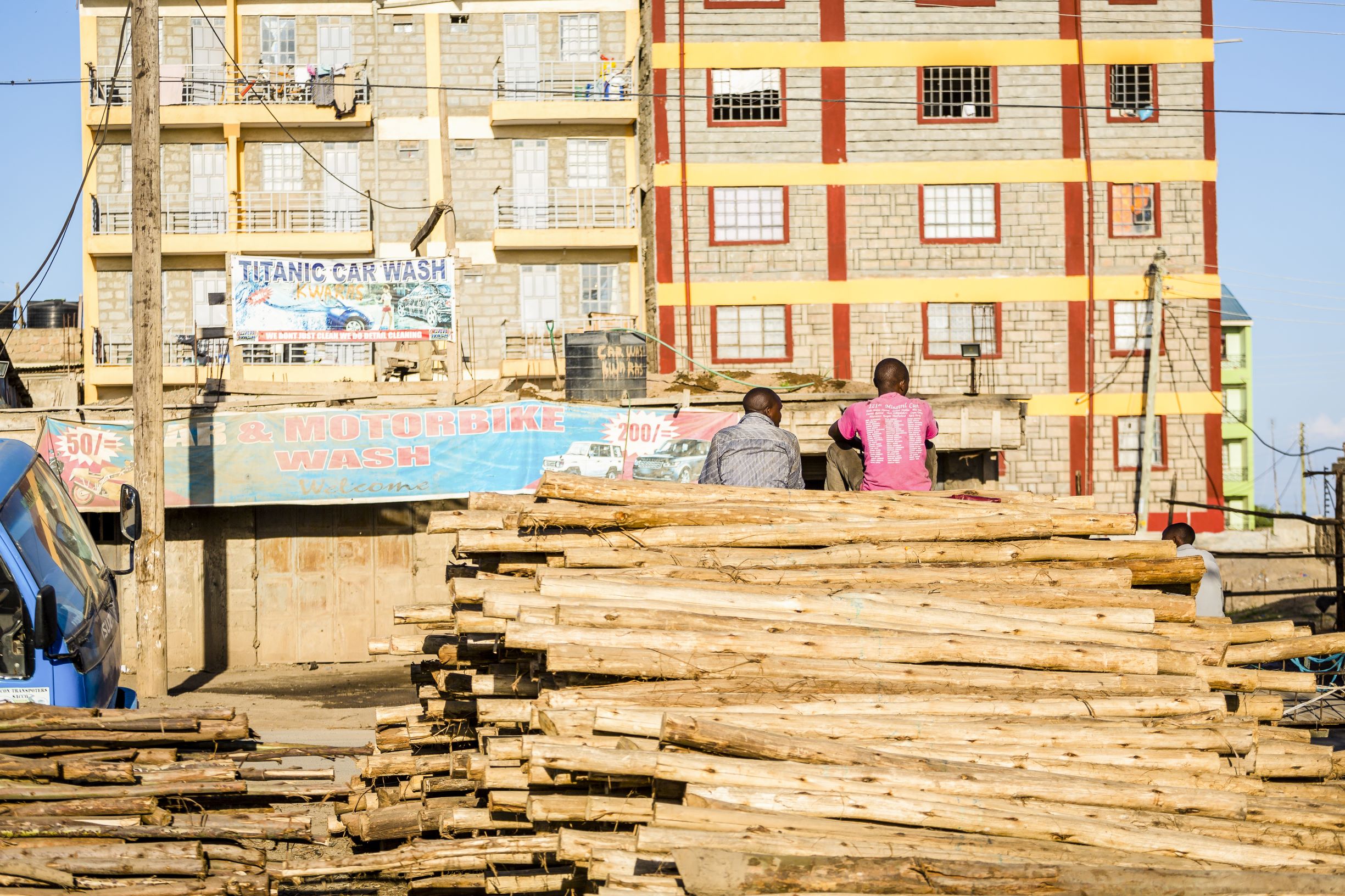New Funding Boosts Effort to Create Low-Carbon and Sustainable Special Economic Zones in Ethiopia and Kenya

Subject
P4G Partnerships
Publication Date
2018-10-20
About
10/20/2018
Contacts:
P4G: Frank Walter, frank.walter@p4gpartnerships.org, 01-202-271-7727
Made in Africa Initiative: Matt Liu, matt.liu@madeinafricainitiative.com
SYSTEMIQ: Anne-Caroline Duplat, anne-caroline.duplat@systemiq.earth
LADOL: Cathy Kelly, pa@ladol.com
NEW FUNDING BOOSTS EFFORT TO CREATE LOW-CARBON AND SUSTAINABLE SPECIAL ECONOMIC ZONES IN ETHIOPIA AND KENYA
COPENHAGEN, 20 October 2018—Today, the Sustainable Special Economic Zone (SSEZ) Africa partnership receives a financial boost of USD$600,000 from the Partnering for Green Growth and the Global Goals 2030 (P4G) to create new sustainable special economic zones in Ethiopia and Kenya. The mission of SSEZ Africa is to transform special economic zones into vibrant hubs of low-carbon, sustainable and inclusive business.
“This partnership will demonstrate that industrial and trade zones designed for sustainability is a winning formula for long-term economic growth and public good,” said Ian de Cruz, Global Director of P4G, which awarded the funding at the inaugural Copenhagen P4G Summit. “The governments of Ethiopia and Kenya, as P4G partner countries, are committed to supporting innovative public-private partnerships to help them meet both their economic goals but also their sustainable development goals.”
While there are 5000 special economic zones in the world, which provide favorable conditions for industries and trade to flourish, few have been established with an underlying commitment to sustainability and contributing to the achievement of the Sustainable Development Goals, also known as the Global Goals—17 objectives to end poverty and inequality and address the urgent challenges of climate change and environmental degradation by 2030. The first such SSEZ is currently being set up in Lagos, Nigeria under the leadership of Amy Jadesimi, CEO and Managing Director of LADOL.
The Sustainable Special Economic Zone Africa partnership is led by Made in Africa Initiative, an UNDP supported non-governmental organization working to bring light manufacturing investment and jobs to Africa; LADOL, which operates a special economic zone in Nigeria; and SYSTEMIQ, a company set up to accelerate delivery of the SDGs across economic systems.
SSEZ Africa is one of six partnerships selected by P4G to receive scale-up funding and among 24 partnerships P4G is funding and/or facilitating in 2018 following a global competition that attracted 450 submissions from 80 countries.
SSEZ Africa will identify, develop and launch these zones in Ethiopia and Kenya by working with government leaders, investors and businesses. The zones are expected to incorporate sustainable development best practices of zero waste, waste-to-energy, reduced water and energy use. Long term, SSEZ Africa hopes to unlock 160,000 direct jobs and attract $8.6 billion in sustainable investment in Africa.
In Nigeria, LADOL operates a new, state-of-the-art Free Zone at Lagos Harbour to provide fully serviced facilities and heavy infrastructure designed and deployed to support the largest industrial projects in the world. LADOL has been working with SYSTEMIQ and other organizations to apply sustainability practices to the operation of this zone.
“With our work in Nigeria and the new SSEZ Africa partnership, we are creating a new course for development that is guided by sustainable principles,” said LADOL’s Amy Jadesimi. “A strong, thriving and just future for Africa is on the line and it is up to all of us—business, government and civil society to deliver.”
The Made in Africa Initiative has supported manufacturing and investment projects involving Chinese companies in over 10 countries in Africa - from Ethiopia, to Cote D'Ivoire and Rwanda. "China's manufacturing sector offers the opportunity for the rest of the world to capture an estimated 85 million jobs, and billions of dollars in investment. African countries need to capture this window of opportunities for their development" said Helen Hai, CEO of Made in Africa Initiative. "We are pleased and excited to win P4G support to help Kenya and Ethiopia do so in a sustainable manner, bolstering their green growth ambitions and setting a benchmark throughout the continent".
SYSTEMIQ will provide direct project management of this partnership, with an immediate focus on establishing agreements with the governments of Ethiopia and Kenya to identify and advance locations for the first sustainable economic zones in those countries. SYSTEMIQ is also expecting to collaborate with IDH, which led the Race to the Top Vietnam project that worked with apparel and footwear industry stakeholders to improve working conditions and advance more sustainable manufacturing processes. IDH is working to replicate this type of platform in Ethiopia, with an initial focus on the Hawassa Industrial Park.
“Our concept provides a toolkit and roadmap to create bright spots of sustainable industrialization, that can then be scaled and replicated both in other zones in Ethiopia and Kenya but also other countries,” said Martin Stuchtey, SYSTEMIQ Founder and Managing Partner. “We are convinced that public-private partnerships are a needed and valuable approach to meeting the UN Global Goals.”
About P4G
P4G – Partnering for Green Growth and the Global Goals 2030 – is a new initiative with the ambition of becoming the world’s leading forum for developing concrete public-private partnerships at scale to deliver on the SDGs and the Paris Climate Agreement. The government of Denmark is providing initial funding for P4G from 2018-2022. P4G partner countries include: Chile, Colombia, Ethiopia, Kenya, Mexico, the Netherlands, South Korea and Vietnam. P4G partner organizations include: the Global Green Growth Institute, C40 Cities, World Economic Forum, and the World Resources Institute (which hosts the P4G Global Hub).
About SYSTEMIQ
SYSTEMIQ aims to catalyse good disruptions in economic systems to speed achievement of the UN Global Goals and the Paris Agreement. With initiatives across the land use, material and energy systems, SYSTEMIQ builds coalitions to shape policies and business strategies, co-creates market-based solutions in partnership with the private and public sectors, and invests its own capital in early-stage ventures with the biggest potential to rapidly transform economic activity. To learn more, visit www.systemiq.earth.
